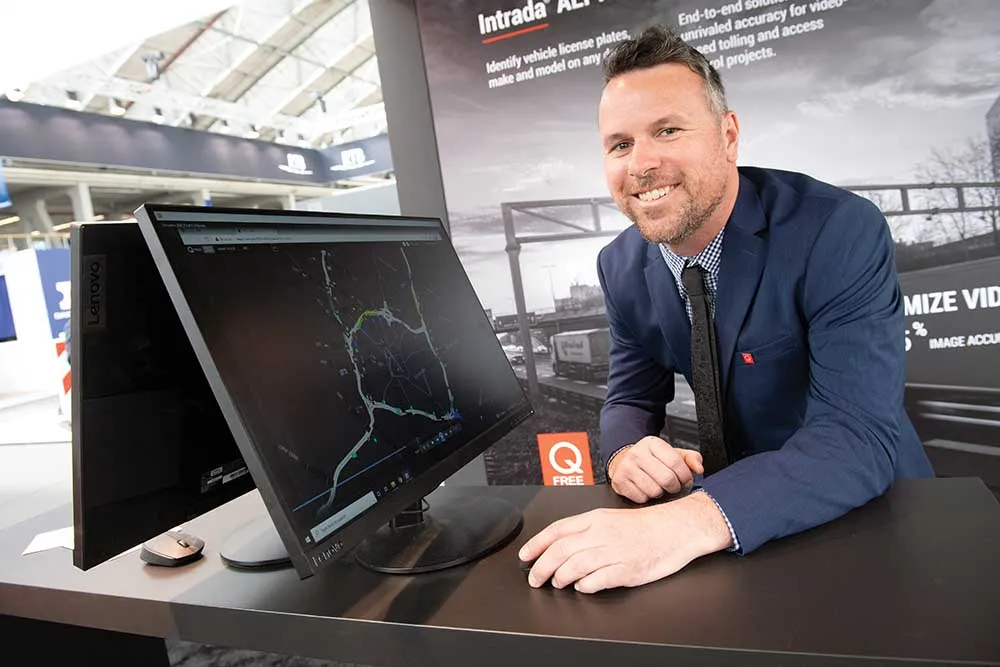Schneider Electrics is to implement its smart mobility management platform in Ecuador’s capital city, Quito. The contract, part of the range of initiatives being developed in the city, was awarded by the Metropolitan Public Mobility and Public Works Company (EPMMOP) and will provide integrated management and coordination of the city’s mobility. Schneider Electric’s SmartMobility ICM platform will allow municipal agents to coordinate the management of the city traffic, video surveillance system, and travell
May 15, 2013
Read time: 2 mins
Schneider Electrics is to implement its smart mobility management platform in Ecuador’s capital city, Quito. The contract, part of the range of initiatives being developed in the city, was awarded by the Metropolitan Public Mobility and Public Works Company (EPMMOP) and will provide integrated management and coordination of the city’s mobility.
729 Schneider Electric’s SmartMobility ICM platform will allow municipal agents to coordinate the management of the city traffic, video surveillance system, and traveller information panels, and supervise and monitor the bus network, enabling them to respond rapidly to traffic situations as they arise.
The platform will use variable message panels and web applications to provide real-time information on the city’s transport status, public transportation schedules, airport traffic, and incidents or events with a potential impact on traffic.
The SmartMobility ICM platform will also allow local authorities to gradually add other city services or infrastructure as required, and constitutes the first step toward empowering Quito to become a Smart City.
Schneider Electric will also implement a pilot travel time data collection system using wireless sensors strategically installed along the highway on the access to the Quito airport. This real time traffic information will provide city planners with information required for building new infrastructure and airport access roads.
According to Ignacio González, executive vice president of Smart Infrastructure at Schneider Electric: “It is a source of great pride to our company that the authorities of Quito have once again put their trust in our specialisation and experience. The execution of this new and ambitious project will provide the city’s administrators with the latest in state-of-the-art technology for global mobility management under a single interface.”
The platform will use variable message panels and web applications to provide real-time information on the city’s transport status, public transportation schedules, airport traffic, and incidents or events with a potential impact on traffic.
The SmartMobility ICM platform will also allow local authorities to gradually add other city services or infrastructure as required, and constitutes the first step toward empowering Quito to become a Smart City.
Schneider Electric will also implement a pilot travel time data collection system using wireless sensors strategically installed along the highway on the access to the Quito airport. This real time traffic information will provide city planners with information required for building new infrastructure and airport access roads.
According to Ignacio González, executive vice president of Smart Infrastructure at Schneider Electric: “It is a source of great pride to our company that the authorities of Quito have once again put their trust in our specialisation and experience. The execution of this new and ambitious project will provide the city’s administrators with the latest in state-of-the-art technology for global mobility management under a single interface.”










